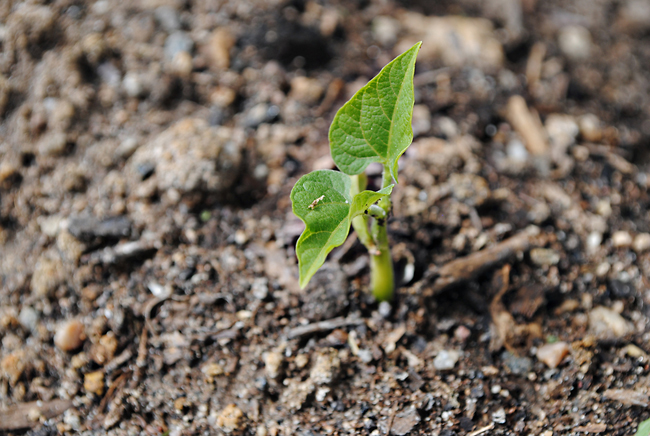A few weeks ago the European Commission presented a communication on “The Future of Food and Farming”, which is one of the first stepping stones in a long CAP reform process (see next page).
The document contains a lot of talk about climate and references to the Paris Agreement. But the fact that significant reductions in agricultural greenhouse gas emissions cannot be achieved without reducing the number of livestock is not mentioned. And that, in turn, cannot be done without limiting the amount of beef people put on their plates.
This is hardly surprising – the livestock industry is an important part of the economy, not least in Ireland, the home of the agricultural commissioner, Phil Hogan. This means there is a strong agricultural lobby that wants to maintain the status quo.
In addition, decision makers are, quite reasonably, afraid of alienating citizens who like to eat meat, as often expressed in the phrase “we shouldn’t tell people what to eat”.
Since we are in a situation where we cannot choose to ignore any greenhouse gas emissions it makes sense to ask the question: is there a way to overcome these two barriers in the near future?
First, there is a need to grow the part of the economy that can offer alternatives to producing bargain beef for the masses. There is already a growing industry in various types of plant-based foods. This existing trend can be enhanced by public procurement and supporting research and development. To some extent, this may also include the production of more exclusive animal products. If the revenue per unit of product was higher it would be possible for a farmer to make a living while keeping fewer livestock. Growing these sectors will create new jobs and strengthen national and regional economies, while also building a new lobbying force to balance the existing livestock industry. This would work in the same way as the wind power industry today – as a voice that can respond to the conservative arguments from the fossil lobby.
Secondly, politicians must challenge the idea that what we eat is a fundamentally private matter. Why should it be more private than how we get to work or warm up the house? Besides, it is also a false notion that politics is not already interfering in this area. As long as there has been agricultural policy some foods have been directly or indirectly favoured over others. But there is a reason why decision makers seldom acknowledge this. For most of us, the food we eat is more important to our identity than which fuel we use in our boiler. So this subject needs to be addressed with a little more delicacy and sensitivity. Introduce soft measures to support the sustainable dietary choices that people are already willing to make, include sustainability as a factor in dietary guidelines, provide information and promote plant-based alternatives in lunch restaurants and school canteens.
Here the communication actually provides a little something to hold on to, for the first time, it states that “the CAP also has a role to play in promoting healthier nutrition, helping to reduce the problem of obesity and malnutrition”. Since there is a strong correlation between healthy and sustainable diets this statement could constitute a first stepping stone towards policy action. There is of course a high risk that this ambition will simply end up as a decorative element in a directive. However, I believe the Commission can do better than this.
Kajsa Pira
































